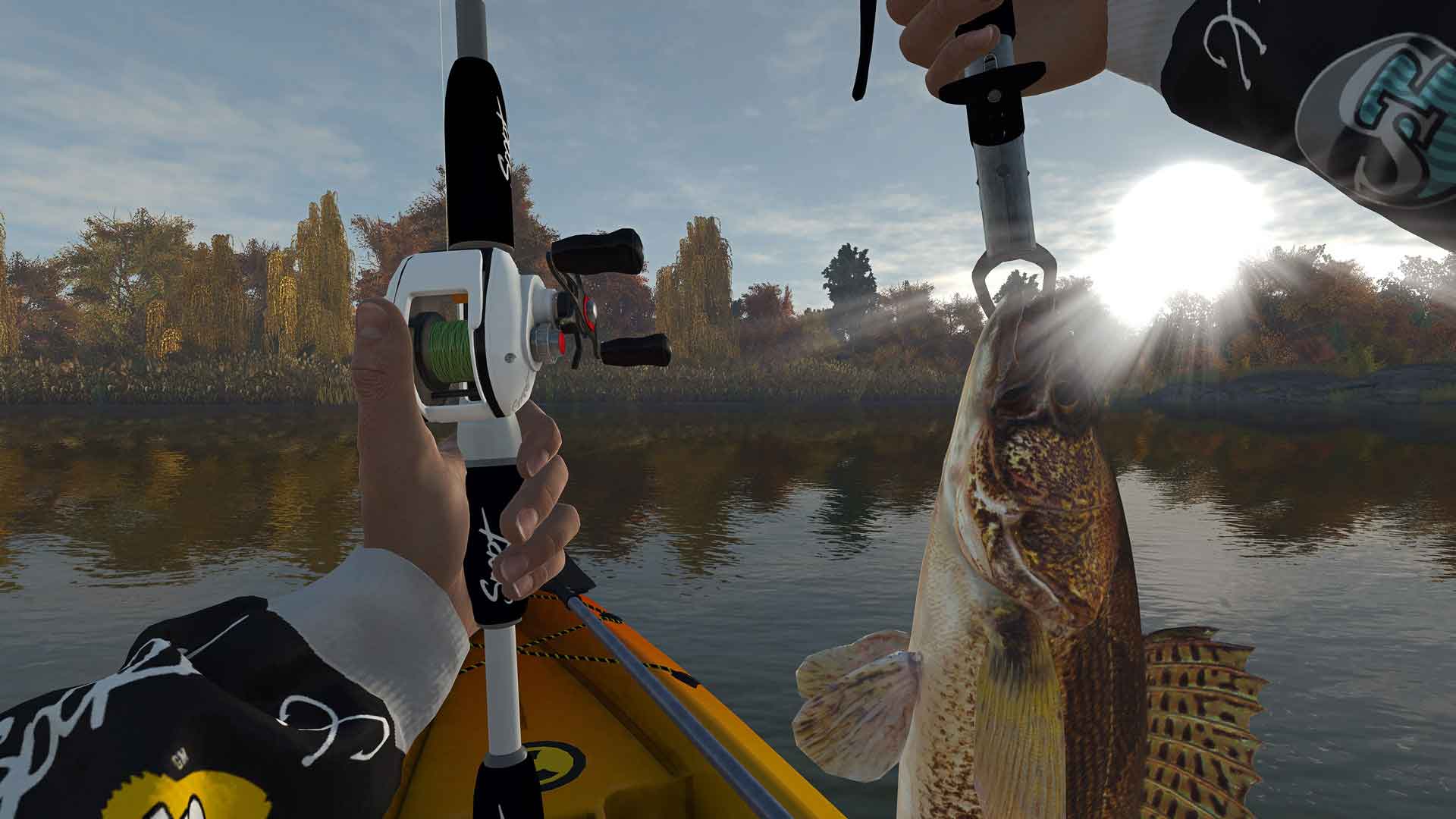
It really puts the effect we have had on the planet into perspective." "We are almost always the first humans to set eyes on these deeper reefs, and yet we see human-produced trash on every dive. "It was surprising to find that debris increased with depth since deeper reefs in general are farther from sources of plastic pollution," says Luiz Rocha, PhD, Academy curator of ichthyology and co-director of the Academy's Hope for Reefs initiative, who was the senior author on the study. However, contrary to studies of near-shore environments, the researchers found that the amount of plastic increased with depth - peaking in the mesophotic zone - and was mostly derived from fishing activities.

To survey hard-to-reach mesophotic - or 'twilight zone' - coral reefs that exist between 100 and 500 feet (30 and 150 meters) deep, researchers relied on specialized diving gear that few other scientific dive teams are trained to safely use.Īccording to the study, coral reefs appear to be more contaminated by plastics and other human-derived debris than other marine ecosystems that have been evaluated, but are much less polluted than shoreline ecosystems like beaches and wetlands. Surveying reefs from shallow to never-before-seenįor the study, the researchers conducted more than 1,200 visual surveys across 84 shallow and mesophotic reef ecosystems located in 14 countries. "From macroplastics that spread coral diseases to fishing lines that entangle and damage the structural complexity of the reef, decreasing both fish abundance and diversity, pollution negatively impacts the entire coral reef ecosystem." "Plastic pollution is one of the most pressing problems plaguing ocean ecosystems, and coral reefs are no exception," says Hudson Pinheiro, PhD, the study's lead author, a biologist at the Center for Marine Biology of the University of São Paulo, and an Academy research fellow.

Through underwater visual surveys spanning more than two dozen locations across the Indian, Pacific, and Atlantic oceans, the researchers expose the abundance, distribution, and drivers of plastic pollution at various depths, which in turn enables them to identify what conservation efforts could be prioritized - and where - to protect our planet's vulnerable coral reefs.


 0 kommentar(er)
0 kommentar(er)
